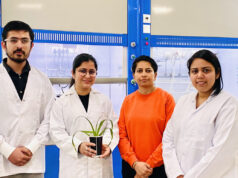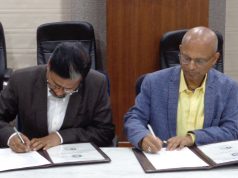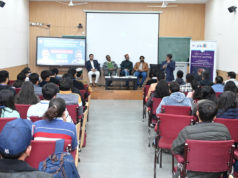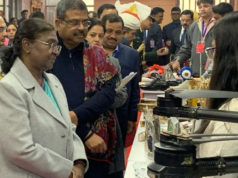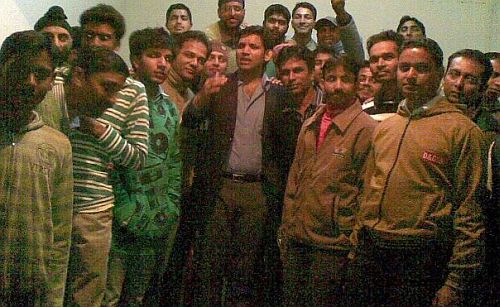Over 50% of the rural population exposed to elevated indoor aerosol risks
Researchers at the Indian Institute of Technology Mandi (IIT Mandi), in collaboration with the Institute National de Recherche et de Sécurité (INRS), France, and the National Physical Laboratory (CSIR-NPL), India, have unveiled the alarming health risks associated with traditional cooking practices in rural kitchens across three Northeast Indian states.
Despite technological advances, over 50% of the rural population in Northeastern India, including Assam, Arunachal Pradesh, and Meghalaya, continues to rely on traditional solid fuels like firewood and mixed biomass for cooking. The comprehensive study led by Dr. Sayantan Sarkar and PhD scholar Bijay Sharma analyzed the extent of indoor air pollution resulting from these practices, emphasizing the urgent need for a transition to cleaner cooking fuels.
The research compared the detrimental effects of cooking with firewood, mixed biomass, and Liquefied Petroleum Gas (LPG). Aerosol concentrations, toxic trace metals, and carcinogenic organic substances released during cooking were measured and modelled to estimate the respiratory health impact on the rural population. The ‘Potential Years of Life Lost’ metric revealed that those using firewood and mixed biomass faced 2-57 times higher disease burdens than LPG users.
Additionally, the study highlighted a 4-5 times higher potential for oxidative stress, a factor linked to damaged cells, proteins, and DNA, among individuals using biomass for cooking. Dr. Sarkar emphasized the unique aspect of the research, stating, “It is the first effort to estimate disease burdens caused by exposure to indoor cooking emissions in India in terms of potential years of life lost.”
The research suggests practical measures to mitigate these health risks, including making LPG more accessible, enhancing cookstove programs, raising awareness in rural areas, funding local solutions, and organizing health camps for rural women. The findings underscore the immediate need for a transition to cleaner fuels in Northeast Indian states, emphasizing the importance of prioritizing public health in the region.



